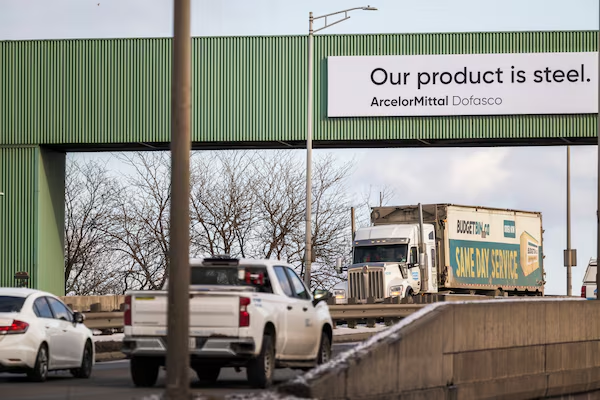Featured
article
- Get link
- X
- Other Apps
Canada Vows Robust Retaliation Against ‘Unjustified’ U.S. Metal Tariffs

Canadian Prime Minister Justin Trudeau has warned that if the United States moves forward with its proposed steel and aluminum tariffs—deemed “entirely unjustified”—Ottawa will respond decisively. Speaking at the sidelines of the Paris Artificial Intelligence summit, Trudeau stressed that Canadians will “stand up strongly and firmly if we need to,” underscoring his government's commitment to defending the long‐standing trade relationship between the two countries.
Trudeau argued that imposing such tariffs would not only damage Canadian industries but also raise costs for American consumers by disrupting vital supply chains, from automotive manufacturing to energy imports. He emphasized that any tariff imposed by Washington would trigger immediate reciprocal measures from Canada to protect its economic interests and ensure that the free trade agreement remains intact.
The Prime Minister’s remarks come amid growing concerns that these U.S. trade measures could escalate tensions and lead to a broader economic conflict—one that would hurt businesses and households on both sides of the border. Trudeau’s firm stance signals that Canada is prepared to use all available tools, including retaliatory tariffs and other countermeasures, to safeguard its economy against what he calls an “unacceptable” attack on free trade.
Trudeau’s message is clear: while Canada values its historical partnership with the United States, it will not hesitate to defend its industries and consumers from policies that threaten mutual prosperity.
Popular Posts
Trump's Six Words: "I'm Going to Stop the Wars"
- Get link
- X
- Other Apps
Smart Savings for a Sharp School Start: Canadian Parents’ 2025 Guide
- Get link
- X
- Other Apps



Comments
Post a Comment